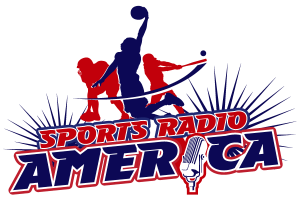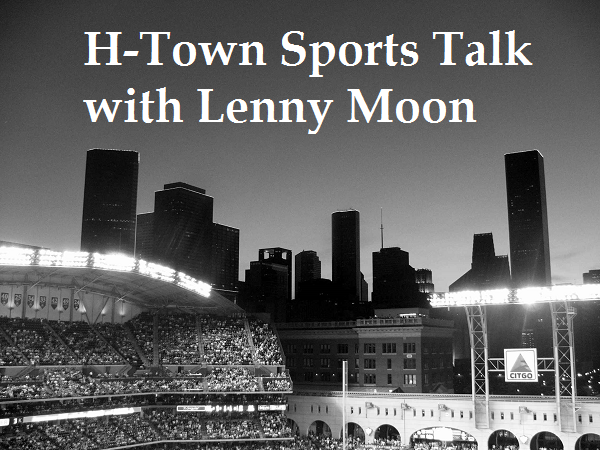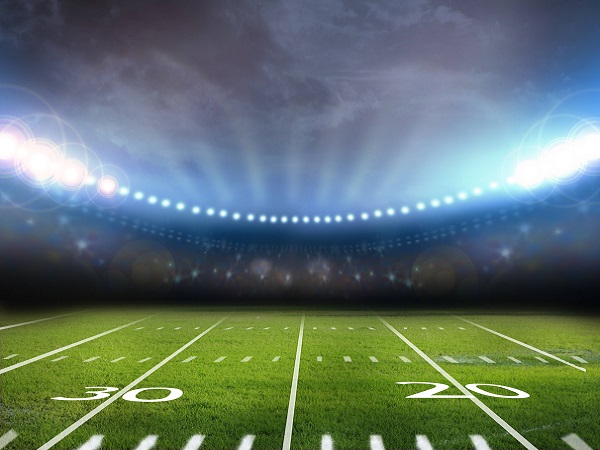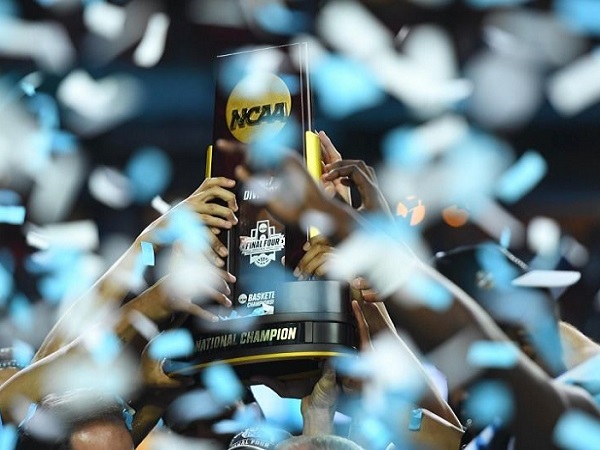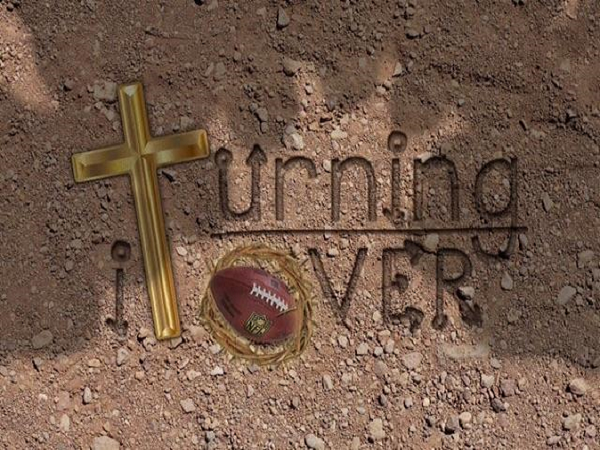Team loyalty has taken a hit. Between fantasy sports, social media, and an increase in brand partnerships (e.g., sponsorships), athletes continue to push their image and brands into the public eye. Simultaneously, athletes have pushed for higher salaries and individualization through their unions with the leagues offices and team owners whether it be for revenue splits and other policy considerations. Never perfect, like the iconic coach Vince Lombardi said, but obtaining excellence through the process and forever moving the needle.
The name, image, and likeness (NIL) legislation implemented and being debated among the states in the Union are equally going to provide for college sports fans to be able to identify with their favorite players even more so and especially where such NIL deals cannot refer to the underlying university where the student-athlete plays (see California’s Fair Pay to Play Act). There is also something to be said about investing time into an individual player versus the team model. A player on a bad team can have a great day and a fan can cheer for that.
A player on a good team can also become legend and transcendent, think Tom Brady and Michael Jordan. Interestingly, two players in Brady and Jordan who played the majority of their careers for one team (the New England Patriots and Chicago Bulls, respectively), but were and are followed and loved by millions of fans for many years who have no connection to the Northeast or Midwest geographic areas. In some sense, it is easier (and to the heart’s content and sanctity of one’s mind) to forgo the team model and follow their favorite players with less fear of being considered a bandwagon fan.
Another sports ideology for a fan would be to follow a sport (NFL, MLB, NBA, NHL, MLS, etc.) and just love the game. The purpose here is to enjoy the game, the talent, and be indifferent about the outcome. The aforementioned path will potentially save a lot of television or streamer controllers, headaches, and heartaches.
With Nielsen now tracking streaming numbers of live sports television matches along with the traditional linear television model to keep up with consumer cord cutting, viewership was still down in a season of seasons where most Americans and international viewers were at home with television and streaming access. Why the decline than? People can now reach their favorite athletes (and teams) in many other places beyond live sports television (e.g., social media and sports apps like Bleacher Report). If anything, the pandemic has proven that certain industries have become unreliable as it relates to shutdowns, social unrest, delays, and protocols; professional sports leagues despite their success in handling a pandemic are not immune from change.
For the fan with a proclivity for data, numbers, and analytics, sports-based platform applications can provide the all numbers necessary immediately with having less need to watch a full game, with the possibly to view the app and watch the highlights of the match therein. As sports betting increases, so will the sports-based platform application use increase for the above purposes. The question will be whether fans continue their loyalty and follow their favorite teams on applications and streaming applications or choose the individual sports ideology pathway or possibly both.
